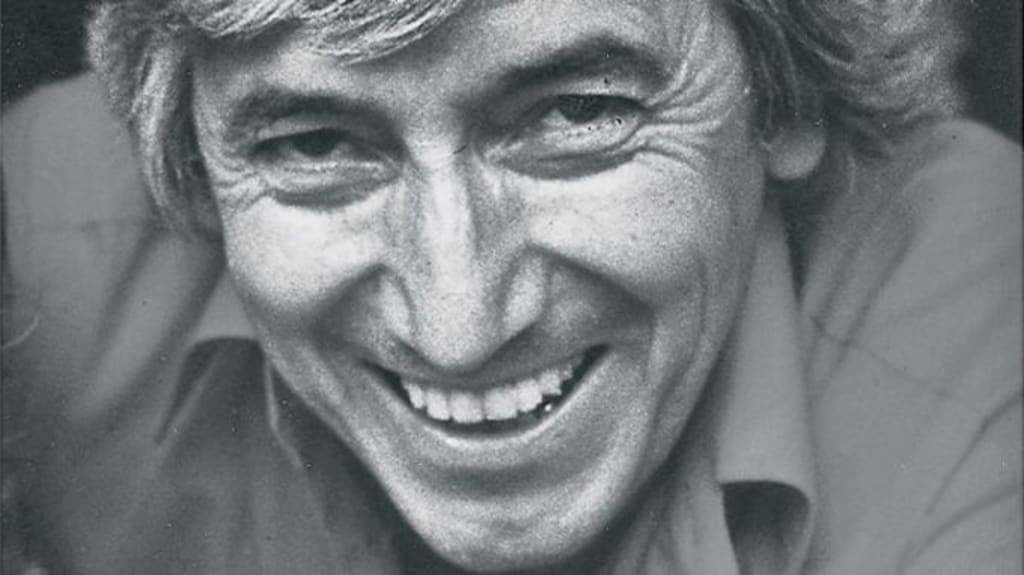In 1978, Bulgarian dissident and writer Georgi Markov was killed in London in extraordinary circumstances. Markov, who had defected to the West 9 years earlier, was waiting for a bus on Waterloo Bridge when he felt a sharp sting in his thigh. He turned to see a man picking up an umbrella and running away. Three days later, Markov was dead.
Markov had gone to the hospital after feeling ill, claiming he had been poisoned by the KGB. At first, doctors were skeptical of his bizarre story, but as his condition rapidly deteriorated, they realized something was very wrong. Markov had been injected with a tiny poison pellet, likely fired from an umbrella gun by a KGB agent.
The murder weapon was ingenious - an umbrella with a hidden spring-loaded shoot mechanism that fired a tiny platinum pellet coated in ricin poison. The pellet was found embedded in Markov's leg during autopsy, providing proof of the method of assassination. Ricin is an extremely lethal toxin derived from castor beans, with no known antidote. Just a few millionths of a gram is enough to kill an adult human.
Markov was a prime target for the KGB. After defecting from communist Bulgaria in 1969, he had worked for the BBC World Service, broadcasting anti-communist programs back into Bulgaria. He was an outspoken critic of the repressive regime of Bulgarian leader Todor Zhivkov. Markov had even reported receiving death threats warning he would be poisoned.
The umbrella murder had all the hallmarks of a classic KGB assassination. They were known to have developed ricin poison and specialized umbrella guns for discreet killings. Markov's murder followed just two weeks after a similar assassination attempt on another Bulgarian defector in Paris, confirming Markov was not a random victim.
The subsequent police investigation stretched from London to Moscow, but solving the crime proved incredibly difficult. With the Iron Curtain still in place, details of the operation remained locked away in secret KGB and Bulgarian State Security archives.
It was only after the fall of communism that real progress was made. A Bulgarian investigator finally discovered conclusive evidence that Markov had long been targeted, and even got a confession from the Bulgarian intelligence officer who destroyed the key files. An Italian petty criminal named Francesco Gullino was revealed to be the undercover agent assigned to execute Markov.
Yet a culture of denial persists in Bulgaria regarding past state crimes. No one has ever been prosecuted for the murder. The chief suspect, Gullino, was briefly questioned but released for lack of evidence. He disappeared, apparently living freely across Europe under the protection of still powerful former communist networks.
While the umbrella gun assassin was likely just a pawn following KGB orders, Bulgaria still owes it to Markov's family to publicly acknowledge his murder as an act of political repression. Until there is accountability for this Cold War crime, it remains an open wound from that era poisoning Bulgaria's new democracy.
This chilling tale of a brazen assassination on the streets of London is a reminder of just how far totalitarian regimes would go to silence critics. Markov's ingenious murder was meant to be the perfect crime, but eventually the hidden truth emerged, condemning the brutality of communist Eastern Europe's secret police.



No comments yet
Be the first to share your thoughts!